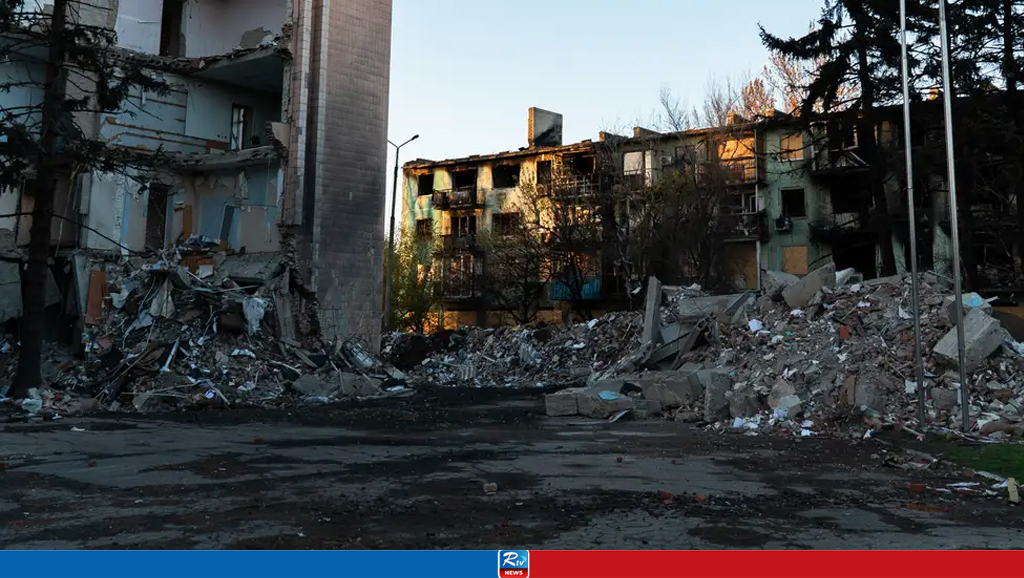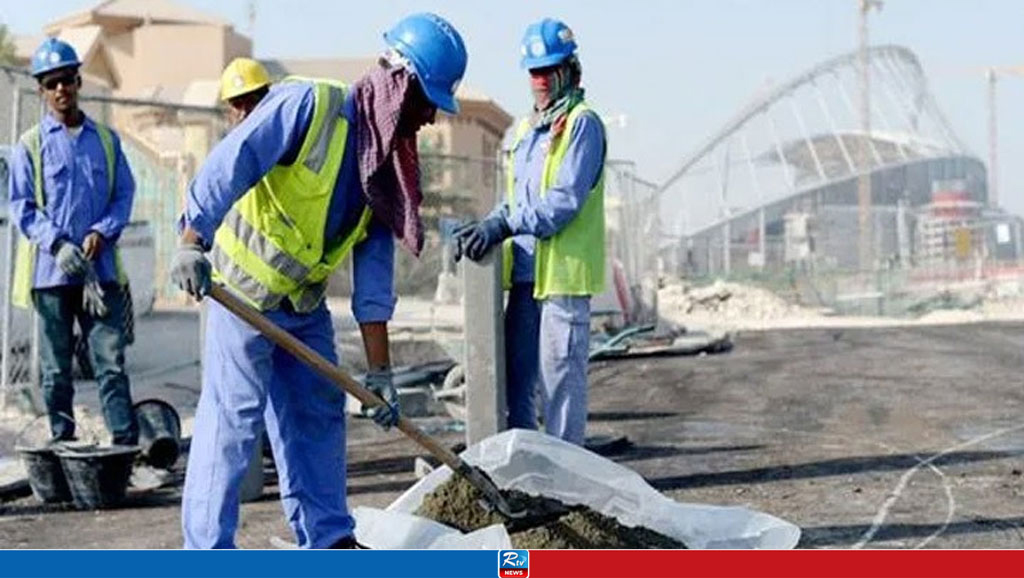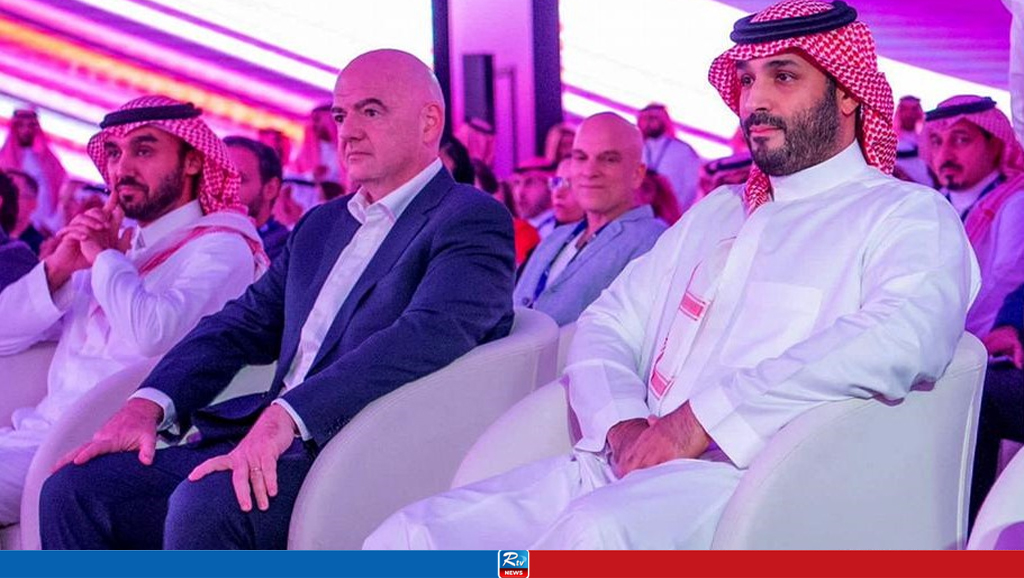Saudi oil giant Aramco's profits dip after record 2022

The world's largest oil exporter reported 2023 profit equivalent to $121.25 billion in a stock market filing. It's a reduction of almost 25% compared to 2022, when Russia's invasion of Ukraine drove up oil prices.
The Saudi Arabian Oil Group, often referred to simply as Aramco, on Sunday reported a 24.7% decline in profits for 2023 compared to the previous year, when Russia's invasion of Ukraine had driven oil prices well above current levels.
Net income reached 454.7 billion Saudi riyals (roughly $121 billion or €111 billion) compared to profits in excess of $160 billion in 2022, the oil giant said in a filing with the Saudi stock market.
"The decrease mainly reflects the impact of lower crude oil prices and lower volumes sold, and weakening refining and chemical margins," Aramco said.
Record 2022 amid Russia's invasion of Ukraine
In the aftermath of Russia's full-scale invasion of Ukraine in late February of 2022, already rising oil prices were pushed higher still.
Benchmark Brent crude spent much of 2022 at more than $100 per barrel and peaked at almost $130 per barrel in early March. By comparison a barrel cost less than $100 for the entirety of 2023, and the price generally sat at or near this Sunday's price of just under $82 per barrel.
Nevertheless, the state-owned company noted 2023's performance was eclipsed only by the previous year's.
"In 2023 we achieved our second-highest ever net income," Aramco CEO Amin H. Nasser said in a statement. "Our resilience and agility contributed to healthy cash flows and high levels of profitability, despite a backdrop of economic headwinds."
The OPEC group of oil exporting countries tried to stimulate higher prices in 2023 by reducing production levels. First announced last April, the output reduction by Saudi Arabia, Russia and others had only a moderate and fairly fleeting impact.
Oil revenue still key to Saudi pivot plans
Aramco's record 2022 profits had given Saudi Arabia its first budget surplus in years.
Profits from the kingdom's vast natural reserves, which are cheap to extract as they are located close to the desert surface, are crucial to Crown Prince Mohammed bin Salman's projects seeking to pivot away from oil sales, including major construction projects like his futuristic desert city called Neom.
The record revenues of recent years have also drawn criticism from activists, given concerns about the burning of fossil fuels accelerating climate change.
On Thursday this week, Prince Mohammed transferred another 8% of Aramco shares to the country's prominent sovereign wealth fund, known as the Public Investment Fund (PIF).
The Al Saud royal family owns the vast majority of the company, with a small share traded on the Tadawul stock market.
By revenue, Aramco is the world's second-largest company after US retail giant Walmart.
Comments
Mahathir Calls for Unity Among Bangladesh’s Political Leaders

Ukraine Updates: / Zelenskyy Hints at Ending 'Hot War'

Kolkata Hospital Announces Not to Provide Treatment to Bangladeshis

Leavitt Named Youngest White House Press Secretary in History

China Discovers World's Largest Gold Deposit Worth $83 Billion

Taliban Overhaul Afghanistan's Education System

Microsoft Survey: India Tops the World in Spreading Misinformation


 Live Tv
Live Tv




